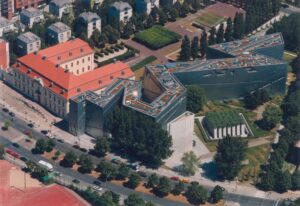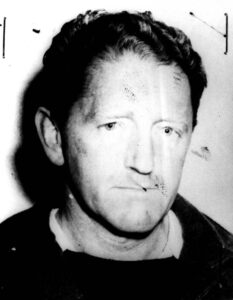
Haitian-American Politics in Chicago
CHICAGO – A lazy, humid afternoon in the Windy City. Unity Radio is on the air. The topic? Politics. The opinions? Endless. Today’s subject is the controversial presidential elections of last fall. The amateur commentators trade political views like sports announcers rattling off the minutia


